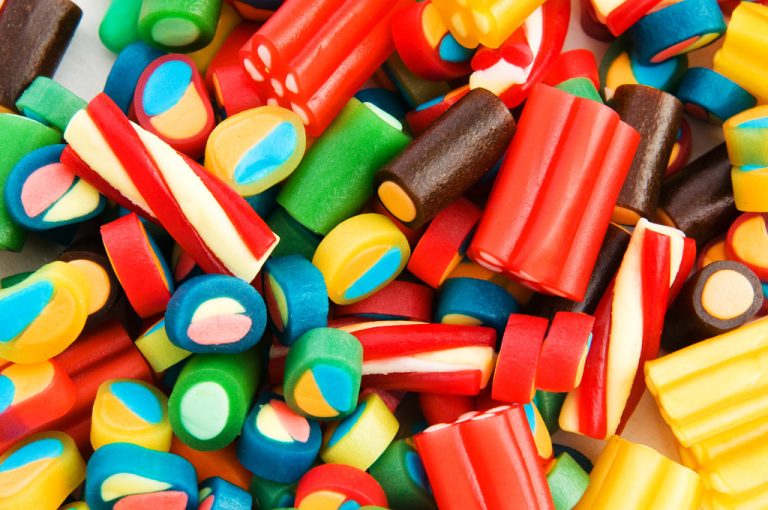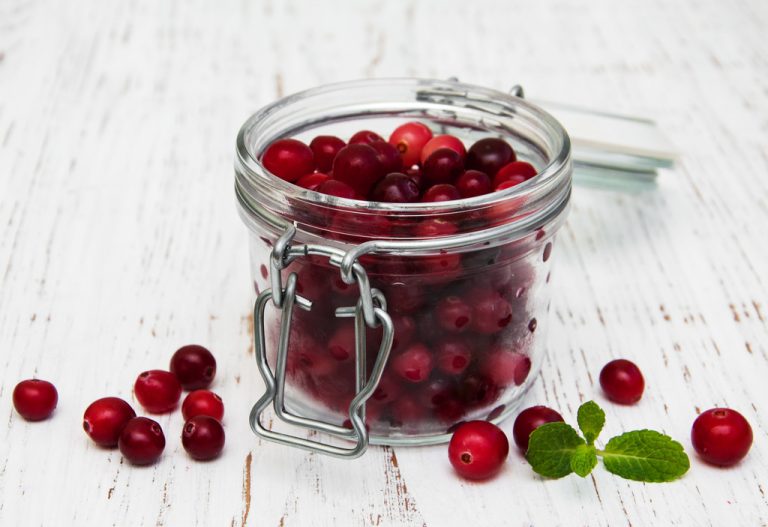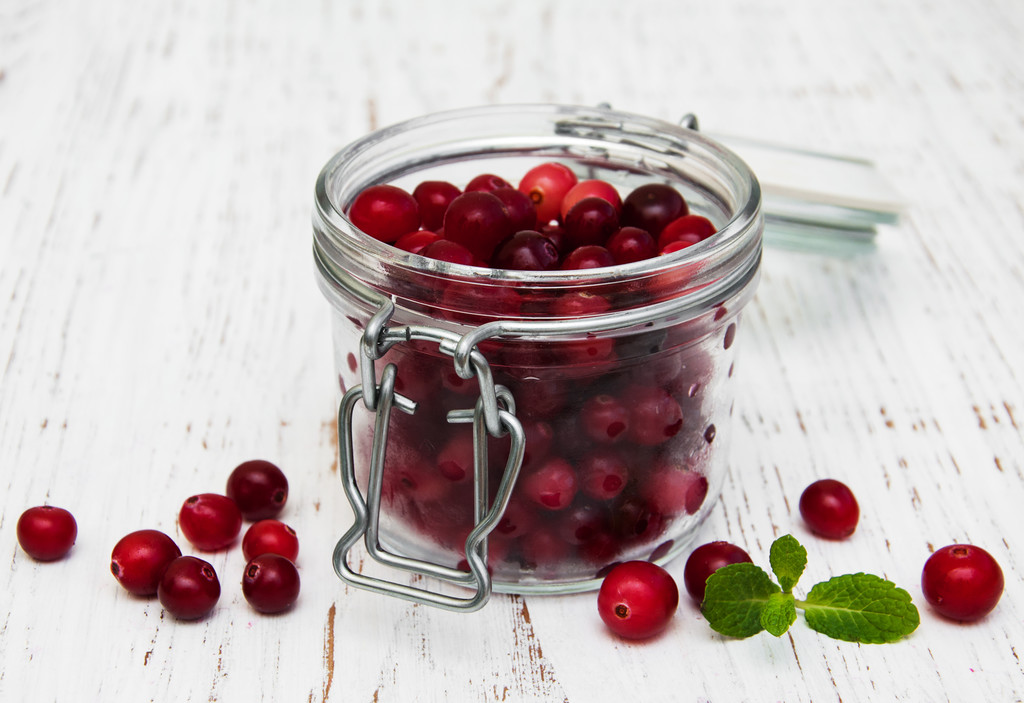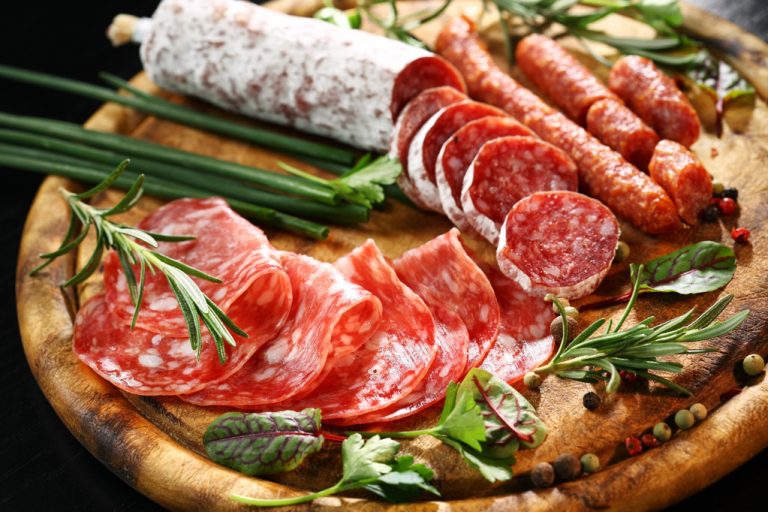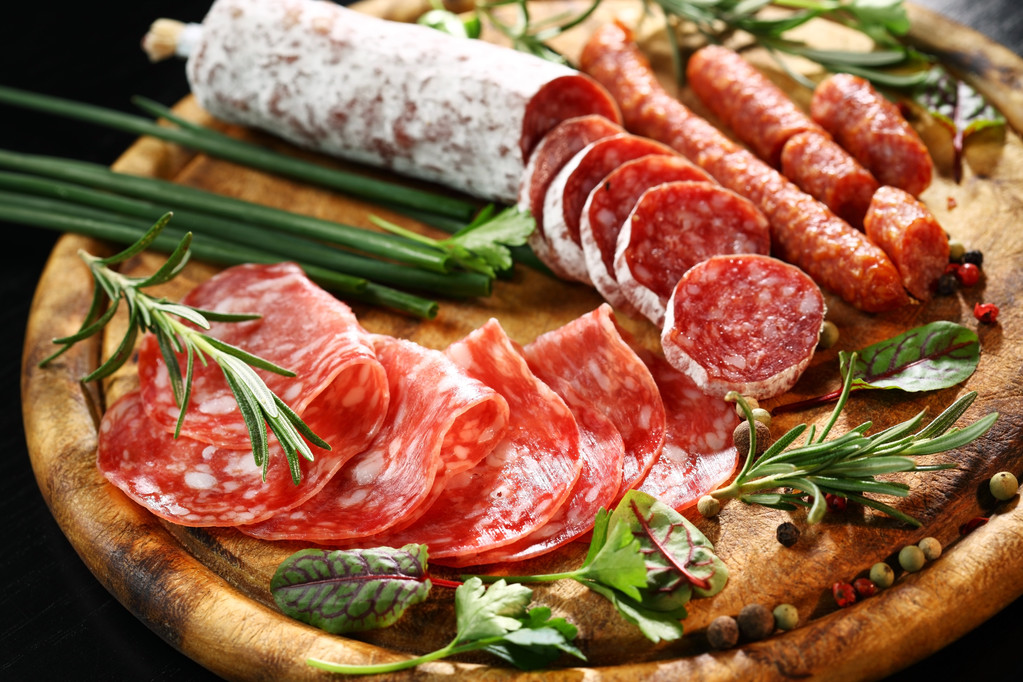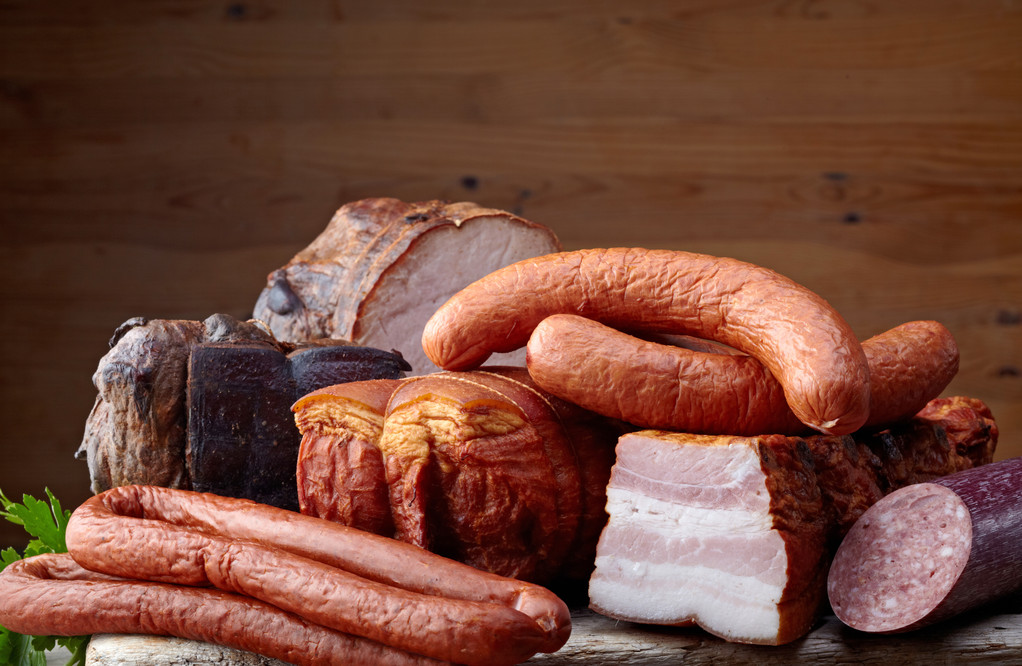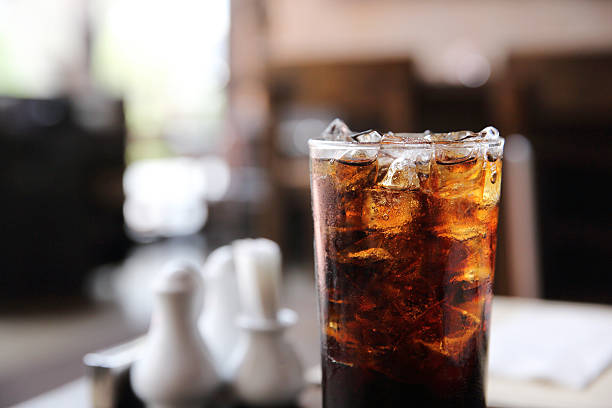Smoking, alcohol consumption, too little exercise: all of this favors cardiovascular diseases. But one of the main reasons for heart attacks and the like is often an extremely unhealthy diet. If fats are deposited in our body, our arteries will gradually become clogged. If the blood can no longer flow properly, the risk of heart disease increases. For the sake of your health, you should actually avoid foods that many people like because they are very high in fat.
Clogged arteries: You should only eat these 8 foods in moderation – for the sake of your heart
Due to the lack of symptoms, clogged arteries are often only noticed when they have already triggered a heart attack. That’s why a balanced diet with lots of raw fruit and vegetables, as well as exercise, is very important to rule out an increased risk factor for a heart attack.
Meat and sausage – greasy and even carcinogenic
Even if many people can no longer hear it: Meat is not a healthy food. Due to the high content of saturated fatty acids and cholesterol in meat, meat consumption is a particular risk for the cardiovascular system. Processed meat products such as sausage or bacon also contain a lot of salt. By the way: Even types of meat such as poultry, which are considered low in fat, can cause the LDL levels in the blood (the “bad” cholesterol) to skyrocket and thus be an increased risk factor for a heart attack.
Poultry skin – tasty, but extremely harmful
Think the skin is the tastiest thing about fried chicken? At least it’s the unhealthiest thing, because the skin of fried chicken & Co. contributes a lot to fat accumulation in your blood vessels. At first glance, poultry skin seems less relevant when it comes to the health of our blood vessels. However, it is full of calories and lipoprotein and is therefore very high in fat. It clogs your arteries and increases your risk of heart attack.
Eggs – Cholesterol clogs your arteries
Not only is the skin a potentially harmful part of poultry, the egg is also a tough one: an average egg contains five grams of fat and up to 280 mg of cholesterol, more than half the recommended daily allowance.
High-fat dairy products – Fat is deposited in blood vessels
Milk, cheese, yoghurt, butter, ice cream or cream: Many eat these foods several times a day without realizing how harmful dairy products can be to their health. Because they can all lead to deposits and blockages in the blood vessels, especially whole milk products.
Trans fats – a high risk factor for heart attacks
They can be found in many everyday foods: trans fats or trans fatty acids. When talking about trans fats, it is usually about food fats containing trans fatty acids (triglycerides). These trans fats are mainly found in meat, dairy products and processed foods such as baked goods and are a particularly high risk factor for a heart attack.
Baked goods and candy – savory treats that clog your arteries
As expected, baked goods and sweets are by no means harmless to our health. There are several reasons for this: They contain very little antioxidants or fiber, but they do have high levels of trans fats, refined flour and processed sugar. The problem? All of these ingredients can clog human arteries.
Oils, salty snacks and junk food – tempting and unhealthy
Most cooking oils in our kitchens, such as sunflower oil or corn oil, contain high levels of saturated fat. These damage the cardiovascular system and can clog the arteries. Common snacks such as fries, roasted peanuts or potato chips also contain saturated fatty acids and should only be eaten in small amounts. It is better to use oils with many unsaturated fatty acids such as olive or rapeseed oil.

Sweets and sweetened drinks – tasty addictive
Foods high in sugar also have a negative effect on your arteries. In addition, sweets, cakes and the like increase your risk of being overweight – a key factor in the development of hardening of the arteries and a major risk factor for a heart attack. Excess sugar is converted to fat in the liver and transported through the bloodstream surrounded by LDL cholesterol. The result: an increased risk of high blood pressure, hypercholesterolemia, adiposity (obesity) and type 2 diabetes.

